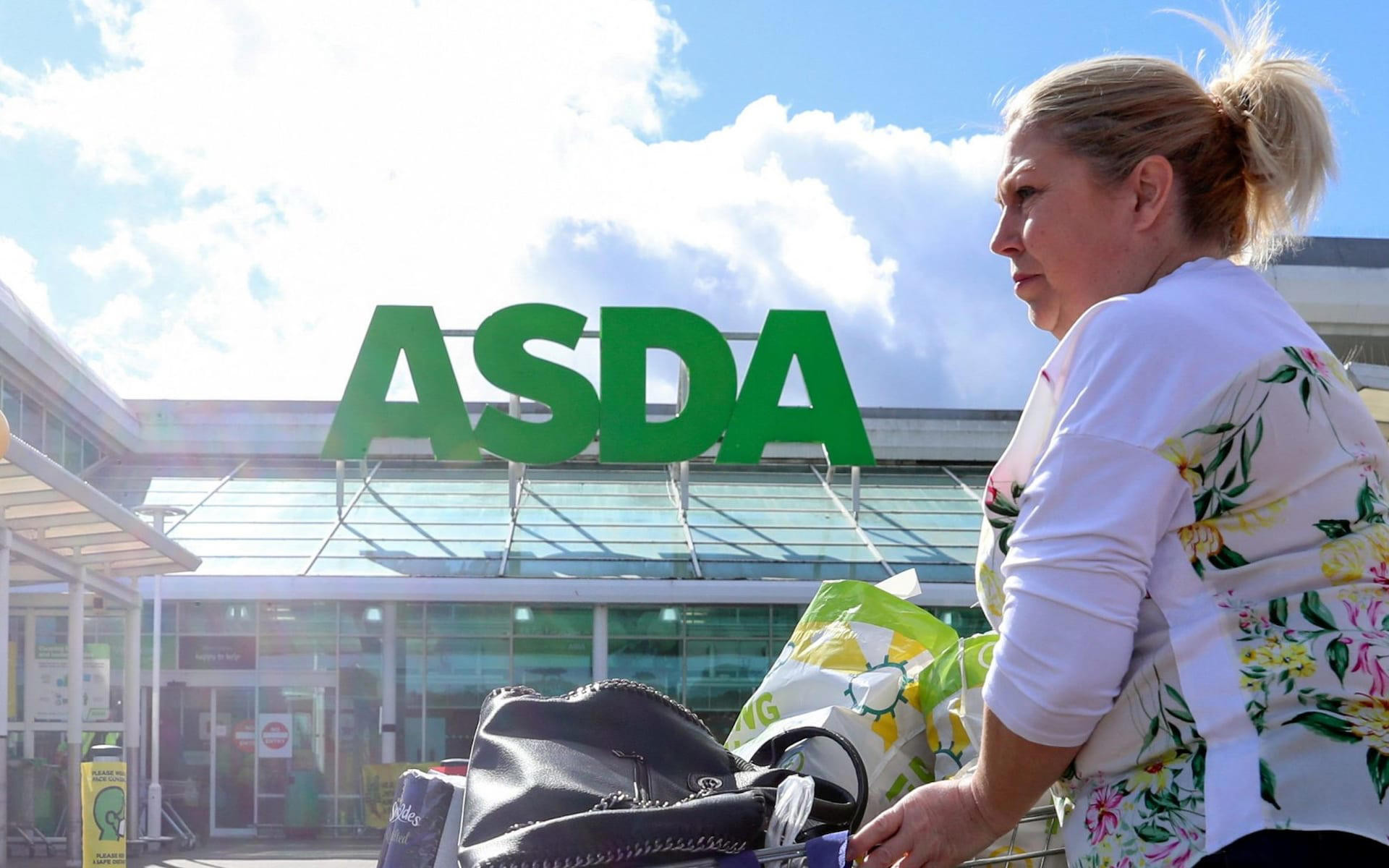Asda's New Era: Allan Leighton's Return to the Helm
Allan Leighton, a name synonymous with Asda's remarkable turnaround in the 1990s, is making a sensational comeback. Appointed as the supermarket giant's new executive chairman, Leighton’s return signals a bold move aimed at reviving Asda’s flagging performance and restoring its position in the fiercely competitive UK grocery market. This appointment follows a tumultuous period marked by declining market share, leadership instability, and a complex transition since the 2021 takeover by EG Group and TDR Capital.
Leighton's Legacy at Asda: A 90s Success Story
Leighton's previous tenure at Asda reads like a business fairytale. Joining in 1992 as marketing director under Archie Norman, he played a pivotal role in pulling the supermarket back from the brink of bankruptcy. His strategies – lowering prices, slashing costs, and streamlining product ranges – proved remarkably effective, transforming Asda into a powerhouse that eventually caught the eye of Walmart, leading to a £6.7bn acquisition in 1999. From 1996 to 2000, he served as Asda's chief executive, cementing his reputation as a retail visionary.
The Asda Mafia: A Legacy of Leadership
Leighton's influence extended beyond his immediate contributions. His time at Asda fostered a leadership pipeline, often referred to as the "Asda mafia." This network includes prominent figures like Justin King, former CEO of Sainsbury's, and Judith McKenna, former Walmart International CEO, all testament to the strong leadership culture cultivated during Leighton's tenure.
Asda's Current Challenges: Navigating a Turbulent Market
The landscape Asda faces today is vastly different from the one Leighton steered in the 1990s. Since the 2021 acquisition by EG Group and TDR Capital for £6.8bn, the supermarket has seen its market share plummet from 14.8% to 12.5% (Kantar, 12 w/e 5 November). This decline, compounded by the departure of CEO Roger Burnley shortly after the acquisition, leaves Asda in a precarious position.
A Leadership Vacuum and Financial Strain
The search for a new CEO following Burnley's dismissal proved challenging, with multiple candidates declining the role despite a generous £10m salary. Meanwhile, significant investment (£3.8 billion over three years) in expanding the store portfolio from 623 to 1,200, and other strategic initiatives like the launch of a successful loyalty app with six million active customers, has been insufficient to offset the market share decline. Asda's current circumstances are undoubtedly complex, with substantial net debt and annual interest payments adding to the financial pressures, making Leighton's role more arduous than his previous turnaround effort.
Leighton's Return: A Strategic Gamble?
Leighton’s appointment comes as a surprise to some but is viewed by others as a calculated risk. Stuart Rose, the current executive chairman, is stepping back to a non-executive role, paving the way for Leighton to implement his vision. Rose cited his concern over Asda's recent performance as “embarrassing” and Mohsin Issa stepping down from his CEO role further added to the need for change. The private equity consortium is hopeful that Leighton’s experience and reputation will revitalize the brand, bolster employee morale, attract potential CEO candidates, and ultimately restore Asda's competitiveness.
A Hands-On Approach: 'Back to the Future – with Modernity'
Leighton has expressed a commitment to “calm things down, get colleagues back on side, and rediscover Asda’s DNA,” emphasizing a ‘hands-on’ approach. He plans to visit stores immediately and aims to revitalize the brand while incorporating modern approaches. The quote “back to the future – with modernity” encapsulates his approach, indicating a blend of Asda's heritage and forward-thinking strategies.
The Road Ahead: Can Leighton Repeat History?
Leighton’s return presents both opportunities and challenges. While his proven ability to execute successful turnarounds provides optimism, the current economic climate and intense competition from discounters like Aldi and Lidl create a daunting environment. Successfully navigating these challenges will require a strategic vision that addresses financial constraints, customer preferences, and operational efficiency, alongside the ongoing search for a permanent chief executive. The future success of Asda now hinges upon Leighton's ability to repeat his past success while adapting to a dramatically changed market. The coming months will be pivotal in determining whether this high-stakes gamble pays off. The current challenges are far more complex than those faced during his 1990s tenure, yet his profound understanding of the Asda brand and his expertise in retail turnarounds make him a strong contender to lead Asda into a renewed era of success. The supermarket’s performance under Leighton’s leadership will be closely scrutinized by investors, industry experts, and consumers alike. The future is uncertain, but with Leighton at the helm, Asda appears ready to embark on a new chapter.



















